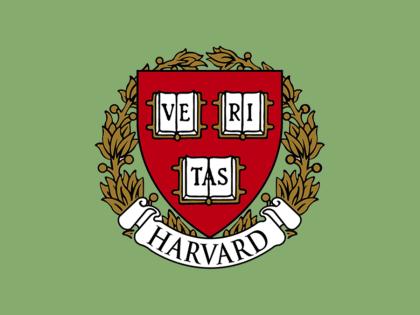To walk into the rambling, 1849 Greek Revival farmhouse at Sunday Farm in Middlefield, Massachusetts, is to enter an earlier century. On a cold morning, the spacious kitchen is toasty-warm, heated by a large wood-burning stove. But the doors to the rest of the house are closed; beyond them, the temperature drops precipitously. No thermostats regulate the indoor climate because owners Michael P. Hale ’62 and his wife, Crocus, get through the winter without central heat at their home in the Berkshire Hills. Instead, two cast iron stoves, fueled by eight cords of wood each winter, do the job.
Hale gathers, cuts, and splits all the wood himself, living out Thoreau’s adage that firewood “warms you twice”—once when you split it, and again when you burn it. “The real work is getting the trees down and moved,” says Hale, whose 73-acre gentleman’s farm enjoys a mountain view and boasts 50 forested acres. Still, splitting that much cordwood is a daunting task: one cord of wood is a pile eight feet long, four feet wide, and four feet high. “I’m a very fit 65-year-old,” says Hale, smiling.
Bypassing oil, natural gas, and electricity for a renewable, homegrown heat source certainly cuts OPEC out of the equation, but “I don’t have strong political views to go with the eight cords,” he says. “I’ve got a leaky farmhouse that was costing $5,000 a year to heat. But I believe the oil crisis is serious, and the most serious part is about to happen. We will see $80-a-barrel oil.”
 |
| Also works in daylight: Michael Hale models his red nightcap. |
| Courtesy of Michael Hale |
Fighting back, Hale has launched a website (www.staywarmstore.com) offering heat-conserving, low-technology products, like a traditional red flannel nightcap ($10.95) that permits turning the thermostat down at nightan appealing option this winter, when some sources predict that fuel prices may rise as much as 50 percent. “Physiologists have measured that 30 percent of body heat is lost through the scalp,” says Hale. “With a hat on the head, the toes stay warm.” His on-line Stay Warm Store also sells sheepskin slippers, tartan-clad hot water bottles, union suits, indoor tents, and even “brass balls” key chains and cufflinks “for the husband or dad with nerve enough to turn the thermostat below 63 degrees Fahrenheit.”
The red nightcap revives an item that Hale launched during the 1970s oil crisis, when he was already a farmstead-based entrepreneur. After a brief, unsatisfactory stint as a New York copywriter, he bought his place in the Berkshires in 1969. He escaped the advertising game thanks to his first resource-conserving mail-order product: the No-Noise Heel Tap, which minimized wear on shoe heels and found more than a million customers. After rolling out several other products (including The Renaissance Cookbook), he sold the Hale Heel Company in 2000. His Santa Claus-style nightcap hasn’t changed much since the ’70s, and in real dollars—unlike heating oil—its price is about the same now as then.
~Craig Lambert






